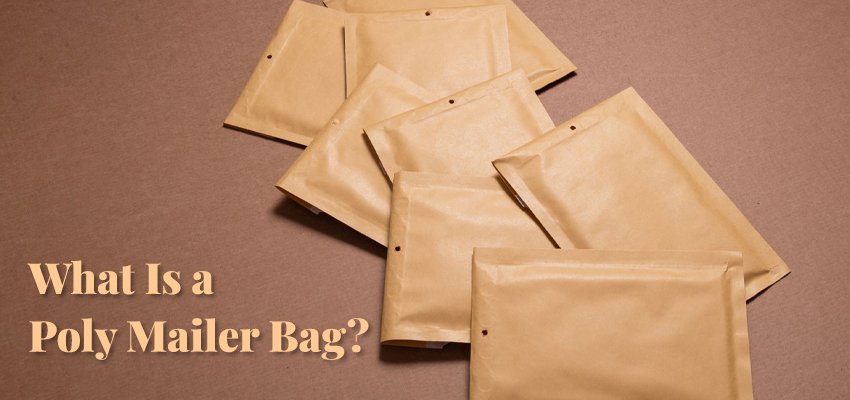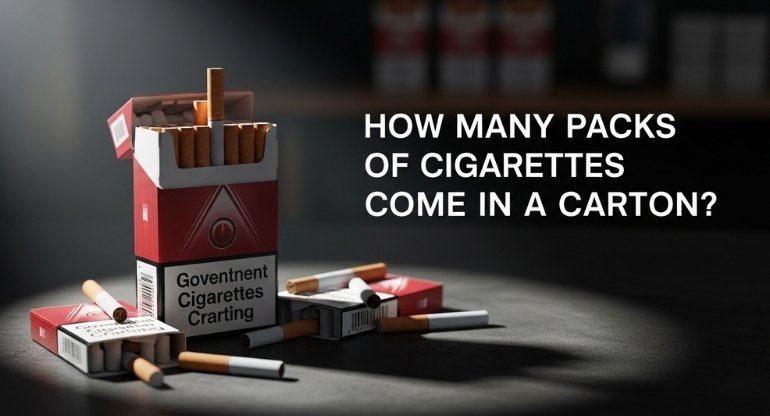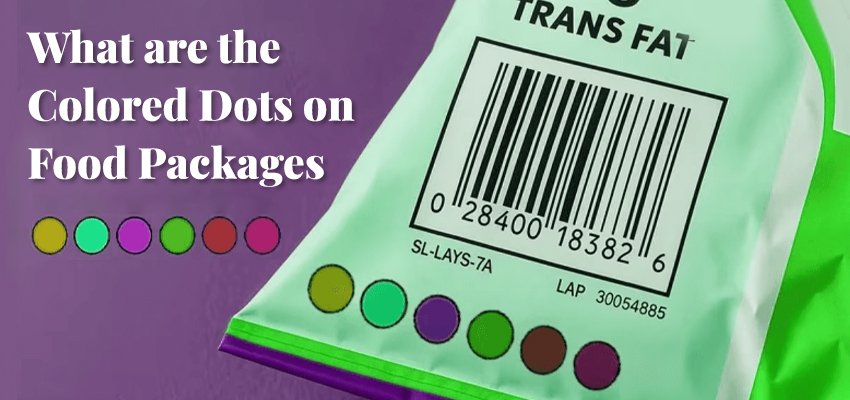Ensuring the safe delivery of products is necessary for the success of any business. This is more evident in the e-commerce industry, which is also known as the world of shipping.Mostly, the focus is given on the outer packaging, while the packaging fillers that are inside are often overlooked.
Even though, these materials play an important role in the safety of products, customer satisfaction, and uplifting the image of your brand.Let’s dive deeper into the importance of packaging fillers, explore their types, discuss eco-friendly trends, and understand how they can elevate the packaging strategy of your brand.
What Is Packaging Filler?
Packaging fillers are materials used to fill gaps inside packaging, providing cushioning and support for the products.These are equally useful for glassware or solid consumer goods, as they minimize movement, absorb shocks, and ensure products remain intact during transit.Other than providing protection, fillers also contribute to the overall aesthetic appeal of the packaging.They enhance the unboxing experience, turning a simple product delivery into a memorable moment for customers.
The Importance Of Packaging Fillers

The following factors emphasize the importance of packaging fillers:
1. Product Protection
Fillers act as a protective shield for your products. They absorb impact, prevent damage during handling and shipping, and reduce the risk of breakage or scratches.
2. Enhanced Customer Experience
A carefully designed package with ample fillers shows a sense of care and professionalism. Customers appreciate the effort put into their product's safety. This creates a positive perception of your brand.
3. Branding Opportunity
Customized fillers, such as branded paper or eco-friendly packaging options, can serve as effective branding tools. These fillers show that your brand is detail-oriented and dedicated to delivering an exceptional experience.
4. Cost Efficiency
Using the right packaging filler can optimize shipping costs. Lightweight fillers, such as air pillows, reduce overall package weight. It cuts down the shipping expenses.
5. Sustainability Goals
Eco-conscious consumers are favoring brands that align with their values. Sustainable fillers not only appeal to these consumers but also demonstrate your company’s commitment to environmental responsibility.
Read More: The Essential Guide to Shipping Large Boxes: Tips, Tricks, and Best Practices
Types Of Packaging Fillers

These are described below:
1. Paper-Based Fillers
Shredded Paper:
Ideal for cushioning fragile items and adding a rustic charm to the packaging.
Kraft Paper:
Durable, recyclable, and versatile, kraft paper is a favorite for eco-friendly businesses.
2. Air Pillows
Made from lightweight, recyclable plastic, air pillows are commonly used to fill voids in large boxes. They are cost-effective and reduce shipping weight.
3. Packing Peanuts
Traditional Styrofoam Peanuts:
Effective for cushioning but harmful to the environment.
Biodegradable Peanuts:
Made from plant-based materials like cornstarch, these dissolve in water and are eco-friendly.
4. Foam Inserts And Rolls
Foam is perfect for securing delicate electronics or luxury items. It provides snug support, ensuring the product doesn’t move during transit.
5. Cardboard Fillers
Repurposed cardboard sheets or shredded cardboard are excellent sustainable options. They are durable, biodegradable, and cost-effective.
6. Wood Wool
A natural filler made from thin wood shavings, wood wool adds an artisanal look to your packaging while being biodegradable.
Creative Packaging Filler Ideas

Below are some ideas for packaging fillers:
1. Customized Filler Paper
Adding your logo or brand colors to the filler paper can reinforce brand identity and create a premium feel.
2. Colorful Crinkle Paper
This filler is ideal for gift boxes or luxury packaging. The vibrant, textured material adds an eye-catching element to the package.
3. Sustainable Innovations
Mushroom Packaging:
A biodegradable material grown from mushroom roots, offering an eco-friendly solution.
Seaweed-Based Fillers:
Emerging as an alternative to plastic, seaweed-based fillers are sustainable and compostable.
4. Seasonal Themes
Customize your filler materials to match holidays or seasons. For example, red and green fillers for Christmas or pastel tones for spring.
Eco-Friendly Packaging Filler Trends

As sustainability takes the main spot, businesses are moving toward environmentally responsible packaging solutions. These are:
Biodegradable Materials
Options like cornstarch-based peanuts and recycled paper fillers are gaining popularity.
Minimal Packaging
Designing snug-fit boxes that reduce the need for excessive fillers.
Recyclable Plastics
Air pillows made from recyclable plastics reduce environmental impact while maintaining functionality.
Aligning with these trends can enhance your brand’s image and attract eco-conscious customers.
How To Choose The Right Packaging Filler

Selecting the right filler depends on several factors:
1. Product Type
Fragile items require more cushioning, while sturdy products may only need fillers.
2. Brand Identity
Use fillers that resonate with your brand. Luxury brands might choose silk fillers, while eco-friendly brands should prioritize sustainable options.
3. Budget
Balance the perfect blend of aesthetics and functionality within your budget.
4. Shipping Requirements
Lightweight fillers reduce costs for long-distance shipping.
Packaging Filler And Brand Building

The role of packaging filler extends beyond functionality; it’s an important element in storytelling. This is clarified below:
Luxury Brands
Silk fillers or premium foam inserts create an upscale feel.
Eco-Conscious Brands
Highlighting biodegradable or recycled fillers shows environmental commitment.
Creative Brands
Quirky, colorful fillers convey playfulness and innovation.
These choices shape customer perceptions and enhance the reputation of your brand.
The Future Of Packaging Fillers
With advancements in technology and shifts in consumer preferences, the future of packaging fillers is assured to be more innovative and sustainable.Businesses are exploring smart fillers that adapt to product shapes, reducing waste and improving efficiency.Additionally, biodegradable and compostable options are set to dominate the market as regulatory pressures and consumer demands for greener solutions grow.
Summing Up:
Packaging fillers are more than just a functional component; they are an opportunity to protect your products, enhance customer experiences, and build your brand identity.Choosing the right filler material is essential for creating packaging that resonates with your audience while supporting sustainability goals.At Your Box Packaging, we provide customized solutions that combine protection, aesthetics, and sustainability.Contact us via email today at sales@yourboxpackaging.com to explore how we can transform your packaging into a memorable experience.



